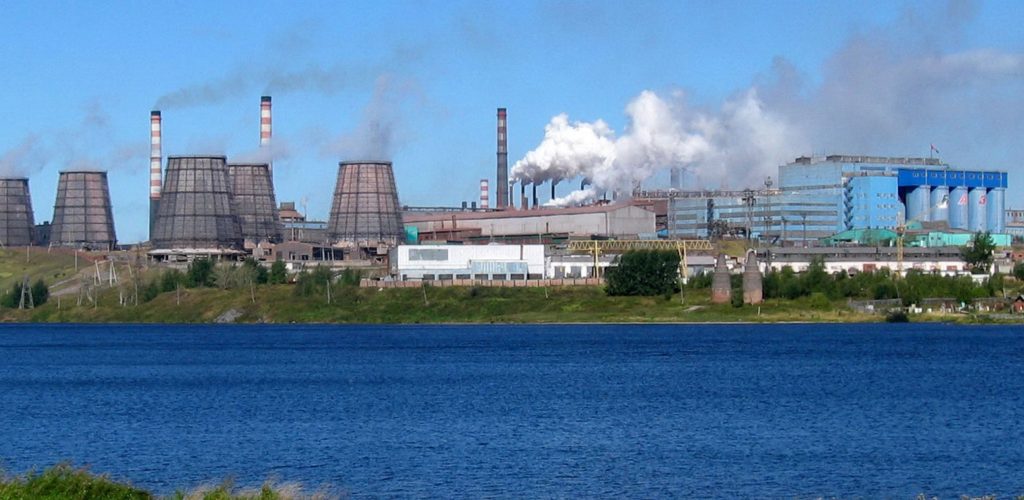Brussels, January 26 – The scale of the challenge posed by Europe’s unsustainable use of the world’s natural resources has been acknowledged today by the European Commission. Lawmakers in Brussels published an initiative outlining how Europe plans to tackle its resource use which affects global resource prices, natural ecosystems and people – particularly the poor – across the world.
Friends of the Earth Europe welcomed the publication of the ‘Resource efficiency flagship initiative’, [1] and in particular the fact that it recognises the scale of the challenge, but says that Europe must now create and implement effective polices to reduce Europe’s resource footprint.
Dr Michael Warhurst, resources and consumption campaigner for Friends of the Earth Europe said: “Europe is using far more than its fair share of the world’s resources, with devastating impacts on ecosystems and communities. We welcome this realisation by the European Commission of the need for Europe to reduce its use of natural resources but it must now move rapidly to create solid policies to reduce our resource use, backed by an effective system for measuring and setting targets for our use of land, water, materials and carbon emissions, wherever they are in the world.”
Friends of the Earth, with Sustainable Europe Research Institute in Vienna, has developed four indicators for measuring Europe’s use of resources from around the world – land footprint, water footprint, carbon footprint and overall material use. [2]
Friends of the Earth’s research has shown that Europe buries or burns over €5 billion of valuable resources every year. [3] By increasing Europe’s recycling target from 50% to 70% over 500,000 jobs could be created. [4]
On February 4, Europe’s heads of government will meet in Brussels for an extraordinary summit on the use of energy resources. Friends of the Earth Europe is calling on them to agree an EU-wide binding target for energy savings. [5]
Brook Riley, climate and energy campaigner for Friends of the Earth Europe, added: “The scale of these future challenges make it essential that Europe rapidly becomes much more energy efficient; the first step is to introduce a binding energy savings target. Energy savings will cut greenhouse gas emissions, decrease dependency on energy imports, create millions of new green jobs, and save over €1000 per household every year.”
Friends of the Earth has previously highlighted the scale of land grabbing in Africa, [6] an example of how the growing demand for natural resources is damaging the rights and livelihoods of local people in the poorest countries. Land is being taken to meet Europe’s increasing demand for biofuels.
If European countries are to reach their targets for expanding biofuels for transport fuels by 2020, a knock-on expansion of global cultivated agricultural lands will result, converting forests, grasslands, and peat lands into crop fields. A recent Friends of the Earth study estimates that up to 69,000 square kilometres will be affected – an area over twice the size of Belgium. This will make climate change worse and put forests, natural ecosystems and poor communities in danger. [7]
Europe currently imports more than two thirds of its protein animal feed, mainly soy, requiring huge areas of land, mainly in South America. [8] Each person in the EU uses an average of 213 square metres of soy to feed the animals for the meat and dairy products they consume. This is 10.6 million hectares in total. Friends of the Earth Europe is campaigning for reform of the Common Agricultural Policy to help European farmers swap imported soy animal feed for home-grown alternatives.
***
NOTES:
[1] A resource-efficient Europe – Flagship initiative of the Europe 2020 Strategy. http://ec.europa.eu/resource-efficient-europe/ [2] Friends of the Earth Europe. (2010). Measuring our resource use: A vital tool in creating a resource-efficient EU. [3] Friends of the Earth Europe. (2009). Gone to Waste: The valuable resources that European countries bury and burn. [4] Friends of the Earth Europe. (2010). More jobs, less waste. [5] Energy Savings: Overview of NGO Views for the forthcoming Energy Efficiency Action Plan [6] Friends of the Earth Europe. (2010). Africa: up for grabs. [7] Anticipated Indirect Land Use Change Associated with Expanded Use of Biofuels in the EU. [8] Friends of the Earth Europe. ‘How the CAP is causing soy expansion and deforestation in South America’.





